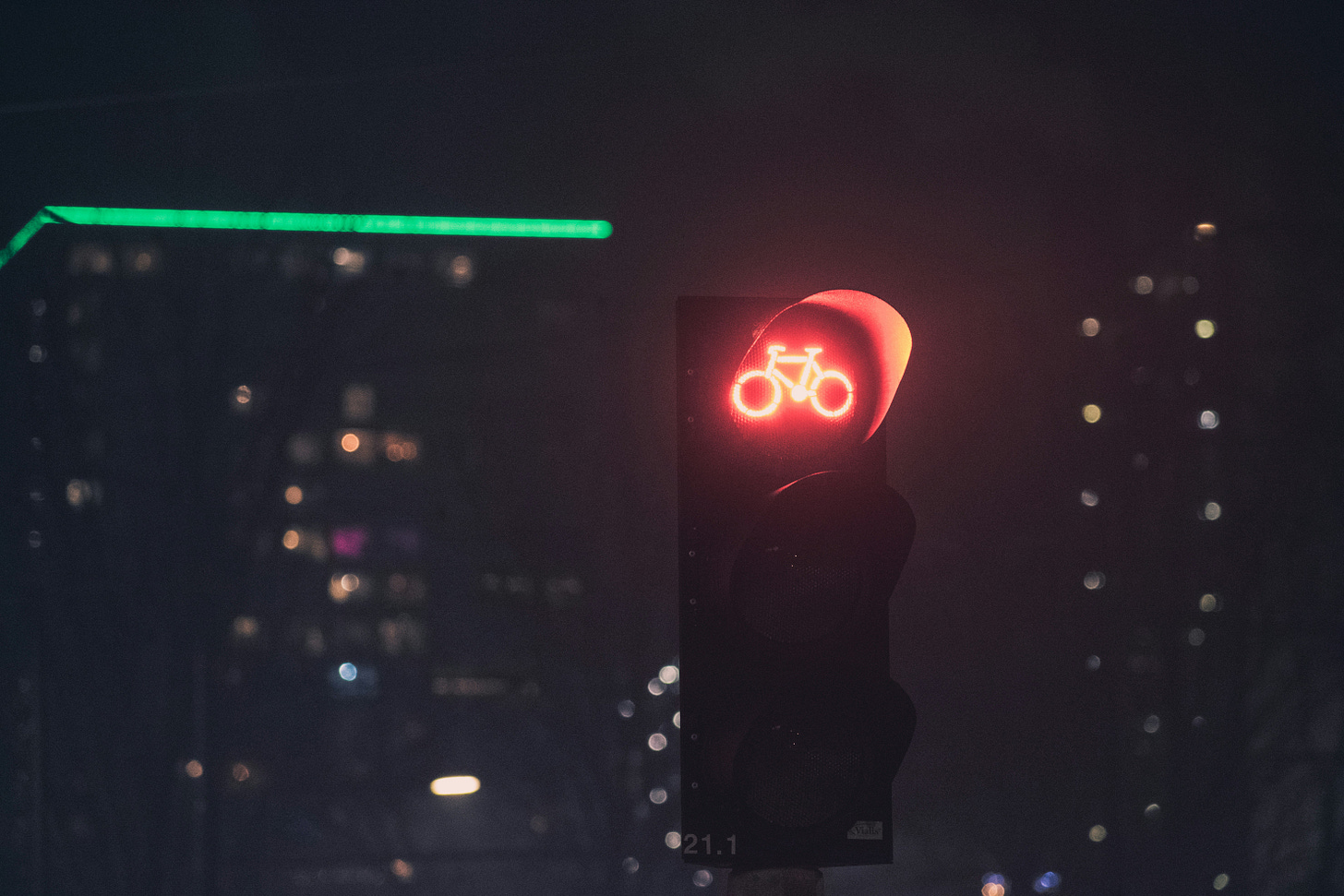Groningen Weighs Smart Traffic Lights Against Privacy and Security Risks
Calls for action grow as privacy and security risks challenge the use of data-driven traffic systems in the city.
In Groningen, privacy concerns surrounding the use of smart traffic lights have sparked debate, following similar decisions in Amsterdam. The D66 council faction has raised alarms about the potential misuse of personal data and the vulnerability of these systems to hacking. These concerns mirror warnings issued by the Dutch Data Protection Authority (AP) about the risks posed by smart traffic technologies.
Privacy Risks and Data Vulnerability
Smart traffic lights, installed at several locations on Groningen's western ring road, collect data on road users, such as travel routes, speed, and location. This data is gathered through connections with smartphone apps, a practice the AP has criticised for lacking a solid legal basis. The regulator warned that this technology could allow for detailed tracking of individuals, posing significant risks to privacy.
Additionally, there are concerns about the security of these systems. Reports suggest that smart traffic lights in the Netherlands, including those in other municipalities, are insufficiently protected against hacking, potentially exposing sensitive data to malicious actors.
D66's Call for Action
D66 council member Maria Martinez Doubiani has urged the Groningen council to reconsider the use of smart traffic lights. "While we support technological innovations that improve traffic flow and sustainability, we must prioritize the privacy and digital security of our residents and visitors," Doubiani stated. She suggested following Amsterdam’s lead, where the city has temporarily halted its use of smart traffic lights after trials revealed limited effectiveness and significant privacy concerns.
Amsterdam’s Decision: A Precedent?
Amsterdam recently abandoned its plans to roll out smart traffic lights citywide, citing similar issues. Trials conducted at two locations showed minimal impact on traffic efficiency, while the systems raised cybersecurity red flags. Maintenance costs for these systems were also considerably higher than those of traditional traffic lights.
This decision aligns with earlier measures taken in Amsterdam, where the city halted the use of car-scanning technology for tracking stolen vehicles, again prioritising privacy concerns.
While Groningen and Amsterdam reconsider their positions, other regions in the Netherlands, such as Haarlemmermeer, Flevoland, and Den Bosch, continue to use smart traffic lights despite the risks. Critics argue that these systems’ potential benefits, such as prioritising cyclists and public transport at intersections, do not outweigh the privacy and security concerns.



